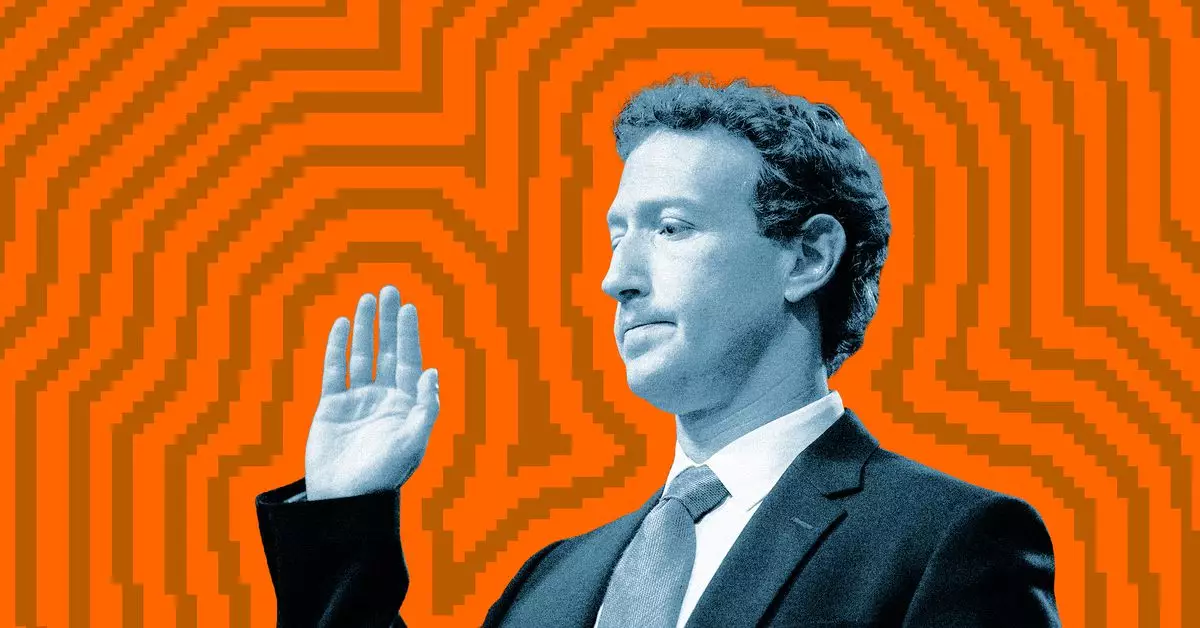In an era marked by rapid technological advancement and heightened political scrutiny, few entities have faced as much scrutiny as Meta, formerly known as Facebook. The company has been at the center of discontent due to its significant influence on social media, particularly during critical events like the 2020 presidential election. Critics have accused Facebook of perpetuating misinformation and undermining democratic processes. Amid this tumultuous backdrop, CEO Mark Zuckerberg’s recent dinner with President-elect Donald Trump at Mar-a-Lago raises eyebrows, suggesting a potential shift in the dynamic between the tech giant and political power.
Meta spokesperson Andy Stone’s brief commentary underscores the importance of innovation in America, echoing the sentiments of many who believe that technology plays a pivotal role in national growth and progress. However, Stone’s statement can also be seen as an attempt to distance the company from past controversies while aligning it with a vision for the future. This dual approach of acknowledging the past while pushing forward is a complicated tightrope that Meta must walk carefully, especially given the ongoing debates about data privacy and misinformation.
Zuckerberg’s meeting with Trump has sparked discussions about the implications of a close relationship between tech luminaries and political leaders. While some may argue that such connections foster a constructive dialogue about regulation and innovation, others view it with skepticism, suggesting that it poses risks of favoritism or complicity in partisan agendas. This complex interplay raises critical questions about how much influence tech leaders wield over the political landscape and the ethical responsibilities that accompany such power.
The criticism that Zuckerberg has faced from various quarters endeavors to hold him accountable for Facebook’s actions, particularly concerning the financial contributions to mail-in ballot initiatives—an area where he has been called out for perceived self-interest. This situation illustrates the broader tension between innovation and accountability in tech. As the world grapples with the consequences of unchecked technological influence, the call for clear boundaries and regulations within this rapidly evolving field is louder than ever.
As Zuckerberg navigates this complex environment, the future of Meta remains uncertain. The company must work diligently to rebuild trust among users and regulators alike, establishing best practices for transparency and accountability. Engaging with political figures like Trump may position Zuckerberg at the heart of discussions around technological governance, yet it also risks alienating those who demand change and accountability from one of the world’s most influential platforms. The path forward will be challenging, but essential for not just the future of Meta, but for the integrity of social media as a whole.
Zuckerberg’s dinner with Trump epitomizes the intricate relationship between technology and politics. It compels us to ask whether collaboration is the solution or if it simply obscures the necessary reforms that the industry desperately needs.


Leave a Reply